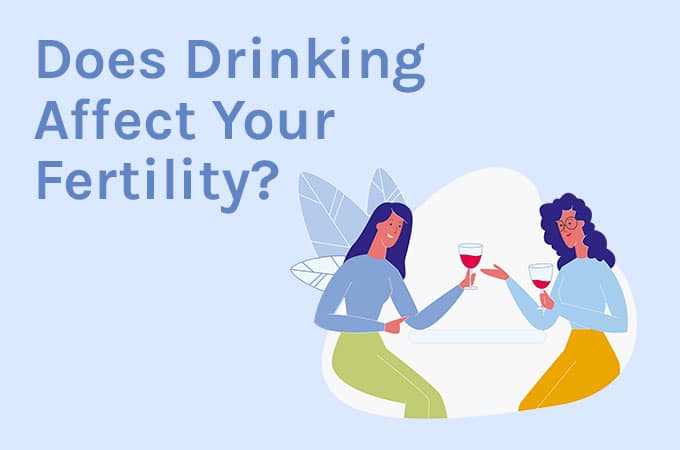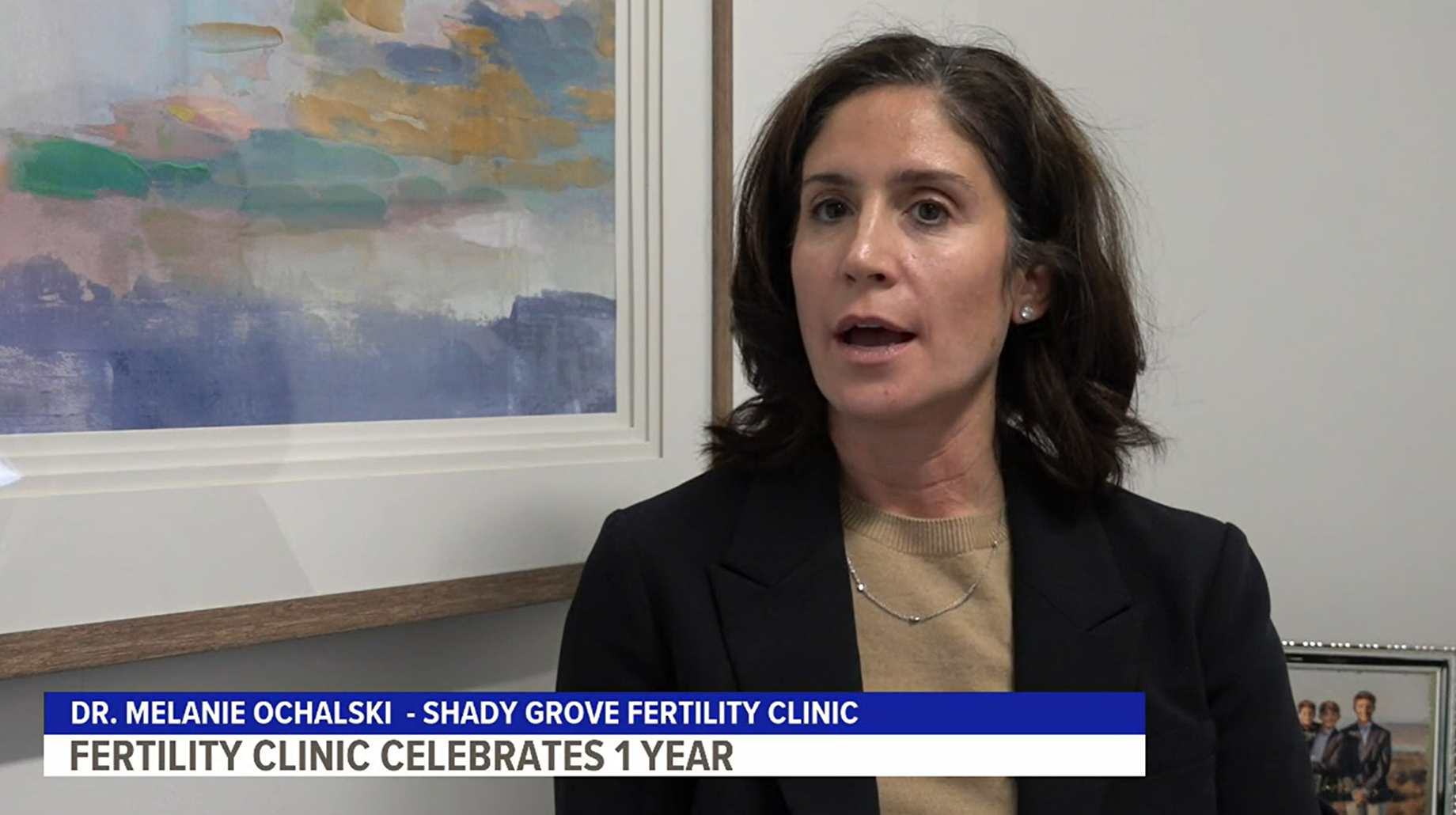
Could drinking really affect your ability to conceive? Should you avoid it altogether? HuffPost turned to Shady Grove Fertility’s, Dr. Ryan Martin, who sees patients in SGF’s Warrington, PA office, to answer common questions surrounding alcohol and fertility in both men and women.
The Breakdown
Of surveyed Americans, more than half report drinking alcohol within the last month.
So, if you’re a social drinker, you’re not alone.
While consuming alcohol won’t necessarily make it harder for you to conceive, there is evidence to suggest that drinking—particularly in excess—could make conception more difficult.
Alcohol and Women’s Fertility
For women, “there is some evidence that alcohol can cause changes in cycle regulation and ovulation in the setting of heavy, chronic use,” according to Dr. Martin. And, “some studies suggest that chronic, heavy drinking can lead to diminished ovarian reserve (low quantity of eggs).”
Alcohol and Men’s Fertility
Heavy alcohol use has a similar effect on male fertility. For men who consume large quantities of alcoholic drinks (five or more drinks), “some studies have shown a decrease in the hormones that lead to testosterone and sperm production,” Martin said.
Alcohol is also linked to erectile dysfunction, or impotence, in men. For men, reducing the amount of alcohol consumed can quickly reverse these side effects.
The Takeaway
“There are not a lot of studies evaluating the physiologic effects of alcohol consumption on reproductive physiology,” Martin said. But, he added, there isn’t a strong association between light to moderate drinking and infertility for most people―in other words, “a history of moderate alcohol consumption isn’t likely to mess with your chances of getting pregnant.”
That said, it’s a good idea to cut back on booze while you’re trying to conceive. “I counsel patients that alcohol consumption is OK, but to keep it to a minimum,” Martin said.
The one lifestyle factor that we know for certain has an effect on fertility is smoking, Martin said. But, the impact of other factors isn’t as cut-and-dried.
“Diet and exercise are always important when trying to conceive,” Martin said. “However, there is a misperception that if you are exercising and eating well, you are less likely to have infertility. I tell my patients that reproductive health is not always synonymous with overall health.” In other words, you could be doing everything “right,” and still have trouble getting pregnant.
Learn more about improving fertility through lifestyle changes.
[WATCH: SGF’s Weight and Fertility On-Demand Webinar]
When to Seek Help from a Fertility Specialist
If you’ve done everything “right” and still can’t get pregnant, it could be time to seek help. Traditionally, a fertility specialist will assume infertility is present based on the following definition. When a woman is:
- Under 35 with regular cycles, unprotected intercourse and no pregnancy after 1 year
- 35 to 39 with regular cycles, unprotected intercourse and no pregnancy after 6 months
- 40 or over with regular cycles, unprotected intercourse and no pregnancy after 3 months
Editor’s Note: This post was originally published in September 2019 and has been updated for accuracy and comprehensiveness as of October 2020.
To schedule a virtual consultation with an SGF physician, please call our New Patient Center at 1-888-761-1967 or submit this brief form.






